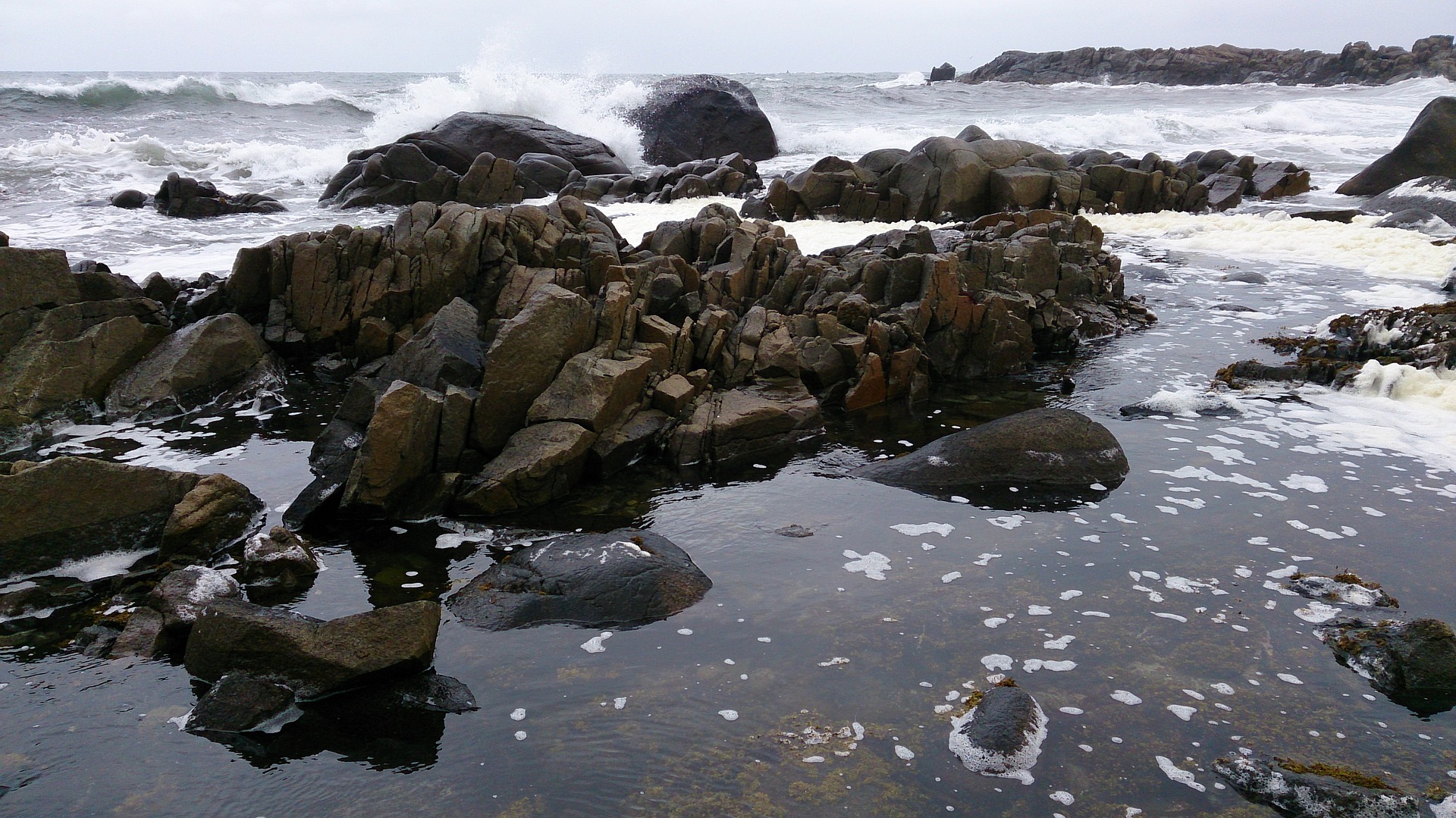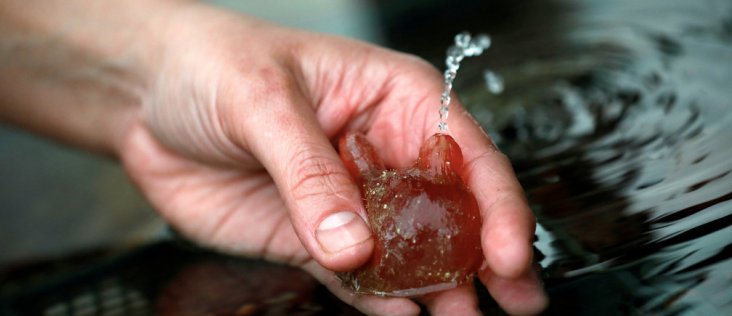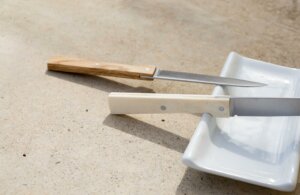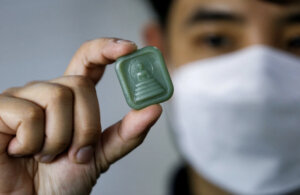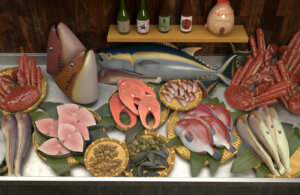These small, rubbery creatures are able to survive in polluted waters. (Credit: REUTERS/Amir Cohen)
A rubbery sea creature with an irritating habit of clinging to ships and invading beaches could help measure plastic pollution as it can filter tiny particles from the ocean and store them in its soft tissue, according to an article on Weforum.org.
Israeli researchers have found that ascidians - round, palm-sized animals also known as sea squirts can thrive in dirty industrial areas and pristine waters alike, allowing them to detect and analyze waste and its impact in various regions.
A staggering amount of plastic flows into the ocean each year. The United Nations says it is as if a garbage truck full of plastic was dumped into the water every minute, a rate some estimates show could lead to oceans carrying more plastic than fish in 30 years.
But the long-term impact of the waste, particularly tiny pieces called microplastic, is still not fully understood.
"[Sea squirts] just sit in one place all their life and filter the water, like a pump," said Gal Vered of Tel Aviv University, and who co-published the researchers' findings in the journal Marine Pollution Bulletin.
"They can really give us a picture of what the whole reef, the whole ecosystem felt during its life."
As a bonus, sea squirts are related in evolutionary terms to human beings. So studying them and the plastic inside them could be more insightful than looking at creatures like fish or clams.
"Although we don't look alike at all, we have similar systems," said Noa Shenkar, of Tel Aviv University's zoology department and museum of natural history.
